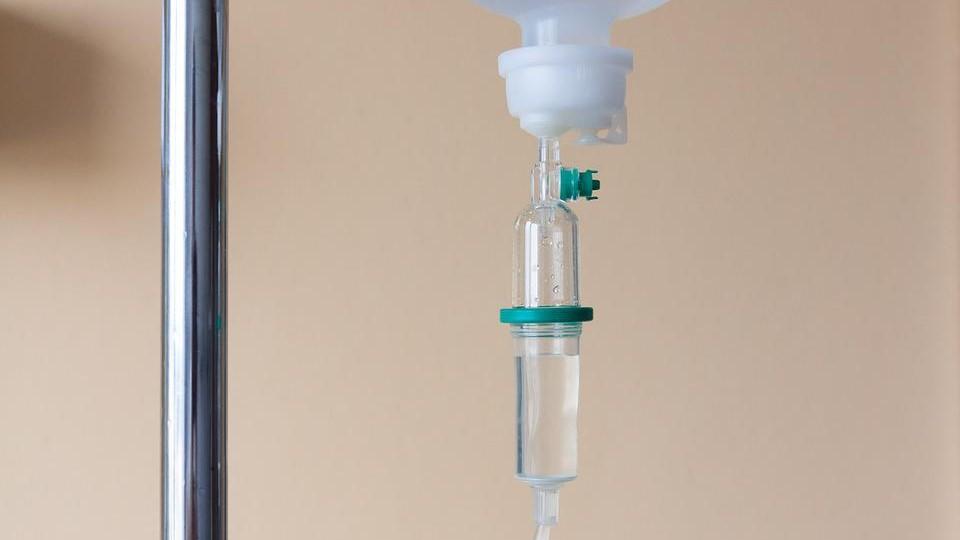US pharmacists say drug shortages are affecting cancer care

More than half of hospital pharmacists in the US have said they are experiencing "major challenges" getting access to cancer therapies, according to a new poll.
The survey by the American Society of Hospital Pharmacists (ASHP) found that 57% of them report "critical shortages" of chemotherapy drugs that are having an impact on patient care, with almost all (99%) reporting they are experiencing difficulties getting hold of some medicines.
Other drugs in short supply include steroids, hormonal drugs, and oral liquids, including antibiotic amoxicillin and anaesthetic lidocaine. At the end of the second quarter of 2023, there were 309 active, ongoing drug shortages, which the ASHP said is the highest number in nearly a decade and close to the all-time high of 320.
Moreover, the survey was carried out between 23rd June and 14th July, before a tornado damaged Pfizer's facility in North Carolina that supplies around 8% of the US demand for sterile injectables, and the impact of that event is still being evaluated.
One thousand hospital and health system pharmacists took part in the poll, with a third of them (32%) describing the current situation as critical, meaning they have to ration, delay, or even cancel treatments or procedures as a consequence.
Another 63% said the shortages are "moderately impactful", meaning they are finding ways around the problem, but patient care is still being affected.
"Pharmacists […] are working diligently with other clinicians to provide safe and effective care, despite ongoing drug shortages, by finding needed medications, identifying substitutes, and managing changes to treatment plans when required," said ASHP's chief executive, Paul Abramowitz.
He added that in some cases, however, "there are no alternatives to the affected drugs, which puts patients at risk. This issue requires quick action from Congress to address the underlying causes of shortages and ensure patients have the medications they need."
After chemotherapies, the next most affected drug category was corticosteroid and hormonal drugs, with 28% of respondents describing the shortage as critical, followed by oral liquids (22%) and 'crash cart' drugs, like prefilled syringes of epinephrine or atropine (18%).
Along with effects on patient care, the shortages are also driving up costs for health systems, according to ASHP, with a third of pharmacists predicting a 6% to 10% increase in medicine and labour budgets.
"Pharmacists have been managing drug shortages routinely for decades, but we're now seeing longer, more persistent shortages," said Abramowitz. "This reality is unsustainable for hospitals and patients alike."
The issue of shortages has been attributed in part to disincentives to manufacturing very low-priced generic drugs like amoxicillin, which can sometimes generate just pennies per dose for the companies that make them. In some cases – particularly for medicines with few producers – they can be caused if a plant experiences quality control or other issues and has to suspend production.
Lawmakers in the US are starting to pay attention. Earlier this year, a Senate-commissioned report found that new drug shortages in the US increased by almost 30% between 2021 and 2022, leading to recommendations that domestic US production of generics – which are often made in India and China – be stepped up.













